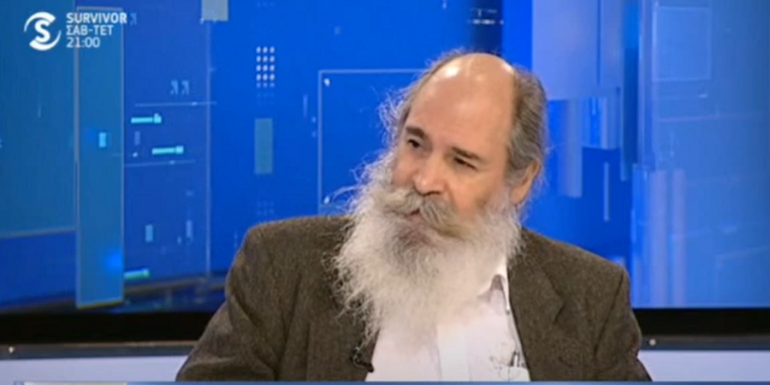Cyprus is in a period of de-escalation of the new wave, according to the professor of Pathology and infectious disease Dr. George Panos.
Speaking on the show Mesimeri kai Kati, Dr. Panos said, "According to data from South Africa about the mutation, this wave will last for about six weeks. "The four weeks will be the period when there will be increased transmission and then for two weeks there will be a de-escalation so that the wave is completed."
He noted that, already in Cyprus since last week, a reduction of cases has begun to appear. "So almost from today and for the next two weeks will be the period of de-escalation," he said.
Regarding mutations, Dr. Panos said that the world is interconnected. "We must not forget that in many countries of the world, citizens have not been vaccinated and when the virus is transmitted in large numbers for a long time, mutations develop," he explained.
Asked if there would be a new wave of Omicron or some other mutation, Dr. Panos said that it does not seem that another wave of Omicron will occur with worse data.
"Mutations can occur from anywhere in the world that can transcend Omicron. We must be conservative. There is already a mutation that has not been highly evaluated and will not matter I think. "It has been located in France from Cameroon. We should be under surveillance. There have been mutations in the past that have not borne fruit," he said.
Finally, Dr. Panos said he was pleased with the frequent sampling checks carried out in the country, something that included the Victory Plan he had proposed.
